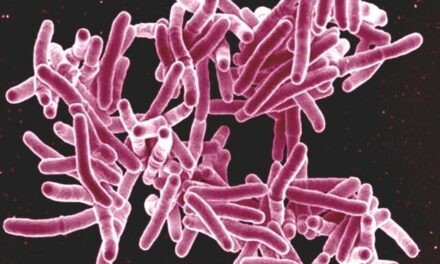A recent study conducted at the University of Tokyo Hospital highlights the potential role of ultra-processed foods (UPFs) in fueling the global obesity epidemic. The research, published in Diabetes, Obesity and Metabolism, shows that consuming UPFs can lead to significant weight gain and increased energy intake, with notable effects on eating behavior.
Study Design and Participants
The randomized, open-label, crossover study included nine Japanese men, all of whom were overweight or obese (mean age: 29.7 years; mean BMI: 27.4). These participants were hospitalized during the trial, allowing the researchers to closely monitor their diets. Each participant followed a diet of either UPFs or non-UPFs for one week, separated by a two-week washout period before switching to the alternate diet.
The meals provided to the participants were carefully matched in terms of total energy and macronutrient levels, allowing the men to eat as much as they wanted within a 60-minute period per meal. Snacks and water were also available during both diet phases. The primary focus was on body weight changes between the two diet periods, while secondary outcomes included energy intake, eating rate, chewing frequency, and metabolic health markers.
Key Findings
The study’s findings clearly demonstrate the impact of UPFs on weight gain. Participants gained an additional 1.1 kg during the UPF consumption week compared to the non-UPF week (P = 0.021). Furthermore, the average daily energy intake was 813.5 kcal higher when eating UPFs (P = 0.0041). This higher energy intake was particularly evident during lunch (P = 0.0009) and dinner (P < 0.0001).
Interestingly, the eating rate was faster during the UPF week, with fewer chews per meal. This reduced chewing and quicker eating could partially explain the increased calorie intake and weight gain, as the body’s satiety signals may be less effective with faster consumption.
Metabolic markers also worsened during the UPF diet. Levels of triglycerides and liver enzymes such as aspartate aminotransferase (AST), alanine aminotransferase (ALT), and gamma-glutamyl transpeptidase (GGT) increased significantly during the UPF week, suggesting potential harm to metabolic health beyond weight gain alone.
Implications for Public Health
“Consumption of UPFs causes significant weight gain,” the study authors concluded, emphasizing the potential role of dietary interventions in obesity prevention. Given that UPFs are widely consumed globally, often in the form of snacks, prepackaged meals, and fast food, these findings underscore the importance of promoting minimally processed, freshly prepared meals.
However, the study does have some limitations. The small sample size of nine young Japanese men, and the short duration of the study, may limit the generalizability of the findings to other populations and the long-term effects of UPF consumption. Despite this, the study provides important insights into the short-term impact of UPFs on weight and metabolism.
A Growing Concern
As the obesity epidemic continues to rise globally, particularly in nations with high consumption of UPFs, this research highlights the need for further studies to investigate the mechanisms behind the link between UPFs and weight gain. Future studies with larger, more diverse populations could help solidify the case for reducing UPF consumption as part of obesity prevention strategies.
The study was led by Dr. Shoko Hamano, along with Dr. Mika Sawada and Dr. Masakazu Aihara from the University of Tokyo. The research was supported by the Ministry of Education, Culture, Sports, Science and Technology of Japan.
While more research is needed, the findings add to the growing body of evidence suggesting that limiting ultra-processed food consumption could be a key element in addressing the obesity crisis.












